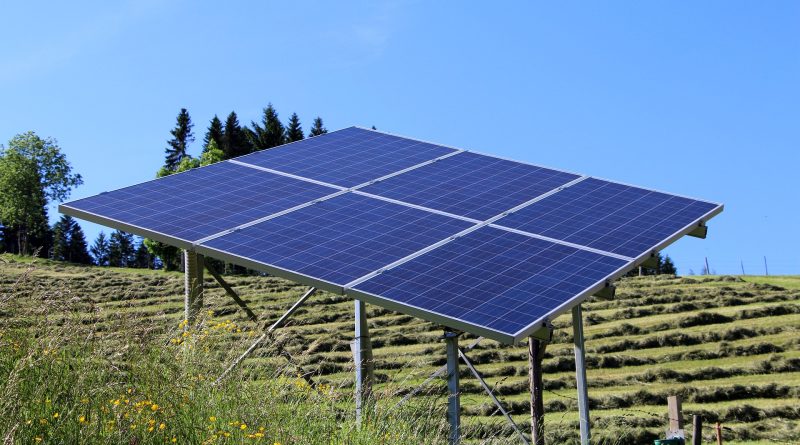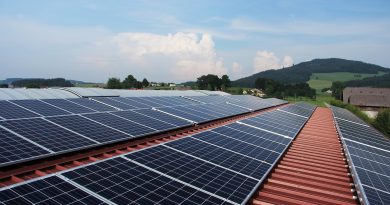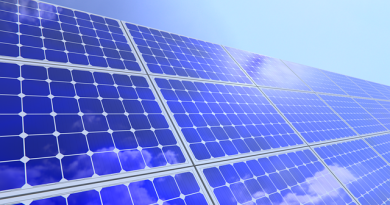Unlocking Personal Benefits: Solar Power Systems
Introduction
As the global demand for energy continues to increase, it is becoming more apparent that renewable sources of power are not only necessary but also beneficial in many ways. One such source is solar power, which harnesses the energy from the sun and converts it into electricity. This article aims to explore the personal benefits of installing a solar power system, from financial savings to environmental advantages and energy independence.
Financial Savings
One of the most significant benefits of a solar power system is the potential for financial savings. While the initial cost of installing solar panels may seem daunting, it is important to consider the long-term benefits. Solar panels generate electricity, which means that homeowners can significantly reduce their monthly energy bills. In some cases, homeowners can even generate enough electricity to sell the excess back to the grid, resulting in additional income.
Furthermore, federal and state governments often provide incentives such as tax credits or rebates for installing solar panels. These financial incentives can help offset the upfront costs, making solar power systems even more affordable. Additionally, once the solar panels are installed, their maintenance costs are relatively low, further contributing to long-term financial savings.
Environmental Advantages
Another crucial benefit of a solar power system is its positive impact on the environment. Unlike fossil fuel-based energy sources, solar energy is clean and renewable. By installing solar panels, individuals can significantly reduce their carbon footprint and contribute to a more sustainable future. Solar power systems produce no greenhouse gas emissions, contributing to improved air quality and reducing the harmful effects of climate change.
Furthermore, solar power does not require water to generate electricity, unlike traditional energy sources such as coal or natural gas. This is particularly important in areas facing water scarcity or drought, as solar energy can help conserve this valuable resource. By embracing solar power, individuals can take an active role in preserving the environment for future generations.
Energy Independence
In a world that heavily relies on fossil fuels, solar power offers a path towards energy independence. By installing solar panels, individuals can generate their own electricity and reduce their dependence on the traditional power grid. This is particularly valuable during times of power outages or disruptions, as solar power systems can continue to provide electricity even when the grid fails.
Moreover, solar energy is abundant and available in virtually every corner of the globe. By utilizing solar power, individuals can tap into a reliable energy source that is not subject to the price fluctuations and geopolitical tensions often associated with fossil fuels. This energy independence provides individuals with stability and peace of mind, knowing that they have control over their energy needs.
Conclusion
In conclusion, the personal benefits of a solar power system are numerous and far-reaching. From financial savings and environmental advantages to energy independence, solar energy presents an unparalleled opportunity for individuals to take charge of their energy consumption. By embracing solar power, individuals not only reap the immediate benefits in terms of reduced energy bills but also contribute to a more sustainable and resilient planet. As renewable energy continues to shape the future, considering a solar power system is a wise choice for individuals looking to make a positive impact both for themselves and the world.



